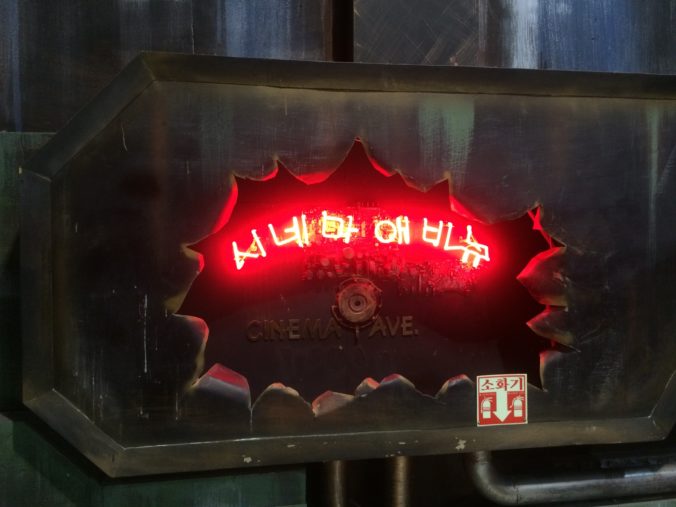One summer evening, when I was about eleven years old, I sat down on the ratty old couch in the basement of my parents house and watched the Lord of the Rings all the way through for the first time. I’m talking about the extended edition box set which consists of about eleven hours of film and about 8 hours of behind the scenes content per movie. It was the first time that I had seen something that went so in depth into how a film came to be and the work it took to bring this series of movies to fruition. In the behind the scenes, they talk to make up artists, costume designers, and set designers as well as directors and writers and producers about every little detail and process of creation. They’re like little documentaries entirely dedicated to creating movies. It was the first time that I realized that films didn’t just have to be mindless entertainment. There is intent behind the things that are being shown to you and there are things that are not intentional that inform the viewers experience of the film. This experience made me start watching films differently.
In order to complete a degree in Visual Arts from Uvic, you have to have a certain number of art history courses under your belt. It just so happens that all of Uvic’s film studies courses fall under the umbrella of art history. I took two film studies classes in my second year of university and I was hooked immediately. Any opportunity I had to take more classes I did and then, when I had my final meeting with an advisor to declare my major for graduation, I was informed that, by the time I graduated I would have enough credits to get a minor in film studies.
Since then I have kind of lost an outlet for this kind of discussion. You can only annoy your friends and family with in depth analysis on a movie that came out twenty years ago before they’ve had enough and tell you to “Please be quiet and just let us enjoy this for what it is”. I am hoping to use this free inquiry project to help reconnect with writing about film and being critical while exploring some of the big ideas behind film critique and analysis. Questions like how much authorial intent should factor into an analysis, what exactly makes a good analysis and exploring bad faith criticism and good faith criticism. I am also very interested in the concept of death of the author and all of the complications surrounding that.
That overwhelming feeling that I had initially is continuing to fade as I get a better handle on whats expected of me in this course and in my other courses and I’m finally getting excited about starting this project!

Leave a Reply
You must be logged in to post a comment.